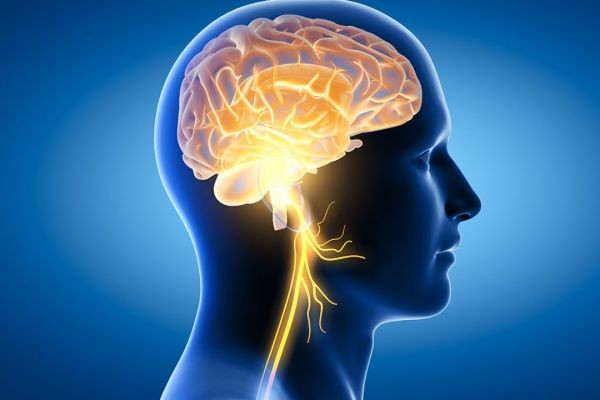In the pursuit of a healthier lifestyle, we often focus on physical fitness, but what about the well-being of our most vital organ—the brain? Cognitive function plays a fundamental role in our daily lives, affecting everything from work performance to personal relationships. One powerful way to support cognitive function is through proper nutrition. In this article, we will explore the nutrients and foods that can boost brain health, enhance memory, and improve concentration.
Nutrients for a Healthy Brain
A well-nourished brain thrives on specific nutrients. These include vitamins like B6 and B12, which aid in nerve function and memory, as well as essential minerals such as magnesium, which supports learning and synaptic plasticity. Additionally, antioxidants like vitamin C and E protect brain cells from damage, promoting longevity in cognitive function.
Foods to Enhance Memory
- Blueberries: These little berries are packed with antioxidants and have been linked to improved memory and cognitive function.
- Fatty Fish: Rich in omega-3 fatty acids, fish like salmon and trout can enhance memory and reduce the risk of cognitive decline.
- Nuts and Seeds: Almonds, walnuts, and flaxseeds are excellent sources of vitamin E and healthy fats that support brain health.
- Turmeric: This spice contains curcumin, a compound with anti-inflammatory and antioxidant properties that may improve memory.
Foods for Concentration and Focus
- Whole Grains: Foods like oatmeal, whole wheat bread, and brown rice provide a steady supply of glucose, the brain's primary energy source, supporting focus.
- Leafy Greens: Spinach, kale, and Swiss chard are rich in nutrients like folate, which may improve cognitive function.
- Berries: Strawberries and raspberries contain flavonoids that can enhance cognitive skills like decision-making and problem-solving.
- Dark Chocolate: In moderation, dark chocolate with high cocoa content can improve focus and concentration due to its flavonoid content.
The Role of Antioxidants
Antioxidants are brain protectors. They combat oxidative stress, which can lead to cognitive decline. Foods like berries, citrus fruits, and leafy greens are brimming with antioxidants that keep your brain sharp.
Omega-3 Fatty Acids and Brain Health
Omega-3 fatty acids, found in abundance in fatty fish, walnuts, and flaxseeds, play a crucial role in brain function. They support memory, mood regulation, and overall cognitive health.
Hydration and Brain Function
Proper hydration is often underestimated when it comes to cognitive function. Dehydration can lead to decreased focus, fatigue, and even short-term memory problems. Drinking enough water ensures your brain functions at its best.
Mindful Eating for Brain Health
Beyond specific foods, mindful eating is essential for brain health. Pay attention to your body's hunger cues and practice moderation. Incorporate a variety of brain-boosting foods into your meals to create a well-rounded, cognitive-enhancing diet.
Conclusion
Optimal brain health is within reach through proper nutrition. By including nutrient-rich foods in your diet, enhancing memory with berries and fatty fish, and staying hydrated, you can support cognitive function and promote a sharper mind. Make informed dietary choices, and your brain will thank you with improved focus, memory, and overall mental agility.
FAQs (Five Unique Questions)
-
Can I improve my cognitive function by just adding brain-boosting foods to my diet, or do I need to make broader dietary changes?
- While adding brain-boosting foods can certainly help, a balanced diet that supports overall health is essential for long-term cognitive function.
-
Are there specific foods that can help prevent age-related cognitive decline?
- Yes, foods rich in antioxidants, omega-3 fatty acids, and certain vitamins and minerals can potentially slow down age-related cognitive decline.
-
Is there a recommended daily intake of omega-3 fatty acids for brain health?
- There isn't a one-size-fits-all recommendation, but experts suggest including fatty fish like salmon in your diet at least twice a week for a sufficient omega-3 intake.
-
Can nutrition alone prevent conditions like Alzheimer's disease?
- While nutrition is important for brain health, it's just one factor. Genetics, lifestyle, and other factors also play significant roles in conditions like Alzheimer's.
-
Are there any foods to avoid to maintain optimal brain health?
- Processed foods high in sugar and unhealthy fats should be consumed in moderation, as they may have a negative impact on cognitive function.































KaitlynMah
1 year ago